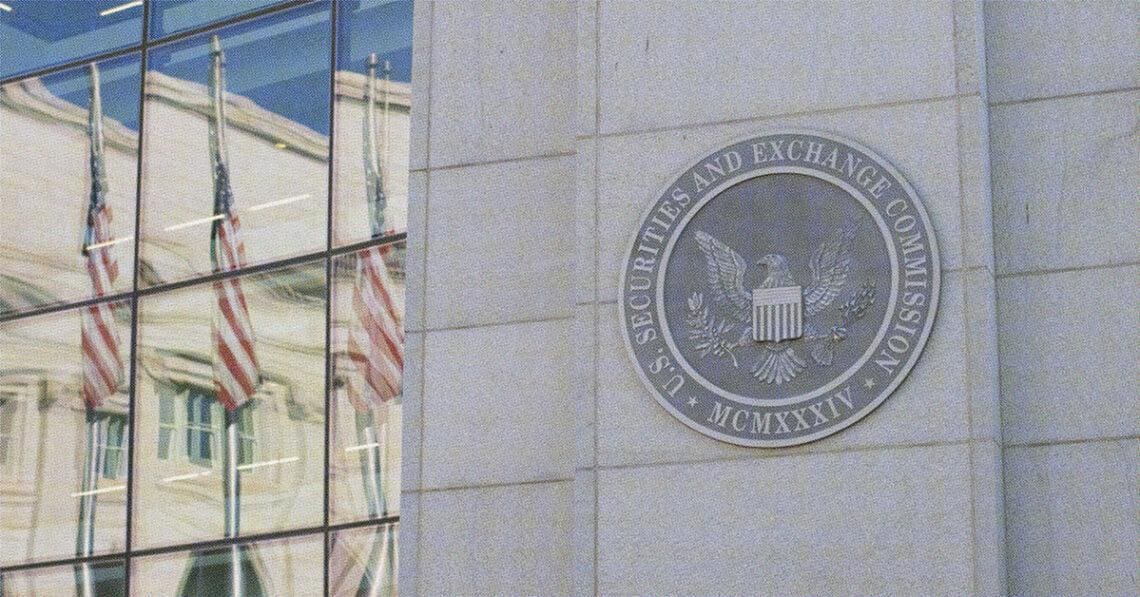Updated at 8:34 a.m. Friday, Aug. 16, 2024
The SEC on Wednesday announced that more than two dozen financial firms had agreed to pay nearly $400 million combined in fines over recordkeeping failures, extending the agency’s yearslong crackdown on electronic communications compliance in the financial sector. Three firms that self-reported their lapses received significantly lower penalties.
A total of 26 financial institutions, including broker-dealers, investment advisers and dually registered broker-dealer/investment advisers agreed to pay a combined $393 million and have begun improving their compliance programs to address the lapses, the SEC said in a statement.
The firms and their penalties:
- Ameriprise Financial Services, $50 million
- Edward D. Jones & Co., $50 million
- LPL Financial, $50 million
- Raymond James & Associates, $50 million
- RBC Capital Markets, $45 million
- BNY Mellon Securities Corp., together with Pershing, $40 million
- TD Securities (USA), together with TD Private Client Wealth and Epoch Investment Partners, $30 million
- Osaic Services, together with Osaic Wealth, $18 million
- Cowen and Company, together with Cowen Investment Management, $16.5 million
- Piper Sandler & Co., $14 million
- First Trust Portfolios, $8 million
- Apex Clearing Corp., $6 million
- Truist Securities, together with Truist Investment Services and Truist Advisory Services, which self-reported, $5.5 million
- Cetera Advisor Networks, together with Cetera Investment Services, which self-reported, $4.5 million
- Great Point Capital, $2 million
- Hilltop Securities, which self-reported, $1.6 million
- P. Schoenfeld Asset Management, $1.25 million
- Haitong International Securities (USA), $400,000
Relatedly, the Commodity Futures Trading Commission (CFTC) announced settlements with TD and Cowen and Company, which TD acquired last year, fining them a combined $78 million. It also fined Truist $3 million for similar conduct.
“We remain committed to ensuring compliance with the books and records requirements of the federal securities laws, which are essential to investor protection and well-functioning markets,” said Gurbir S. Grewal, director of the SEC’s Enforcement Division. “Among this group of firms, there are several that differentiated themselves by self-reporting prior to the staff’s investigation, demonstrating once again the real benefits of proactive cooperation.”
SEC: Self-Reporting Is Biggest Factor in Assessing Recordkeeping Fines
Cooperation with investigation and efforts to comply with obligations also considered, agency official say
Read moreDetailsThe SEC’s crackdown began in earnest in 2021 when it fined JP Morgan Chase $200 million for failing to monitor traders’ use of ephemeral messaging platforms, including WhatsApp, and the agency said the failures in question this week occurred at multiple levels of the organizations, including supervisors and senior managers.
Regulators are increasingly asking compliance teams to do more detective work, said Harriet Christie, COO of MirrorWeb, a messaging compliance provider.
“As well as recordkeeping failures, supervision processes are under the microscope this time, and firms need to show that procedures are in place to effectively detect and prevent compliance violations,” Christie said.
Wednesday’s actions indicate that while bigger institutions may see more eye-watering fines, smaller firms are certainly not going to be able to fly under the radar, said Matt Smith, CEO of SteelEye, a finserv compliance provider.
“The SEC’s recent hefty fines dispel any notion of a softer stance on off-channel communications breaches,” Smith said. “Its crackdown remains in full force. The SEC is clearly expanding its focus beyond large tier-one banks, continuing to target investment advisers and broker-dealers.”













